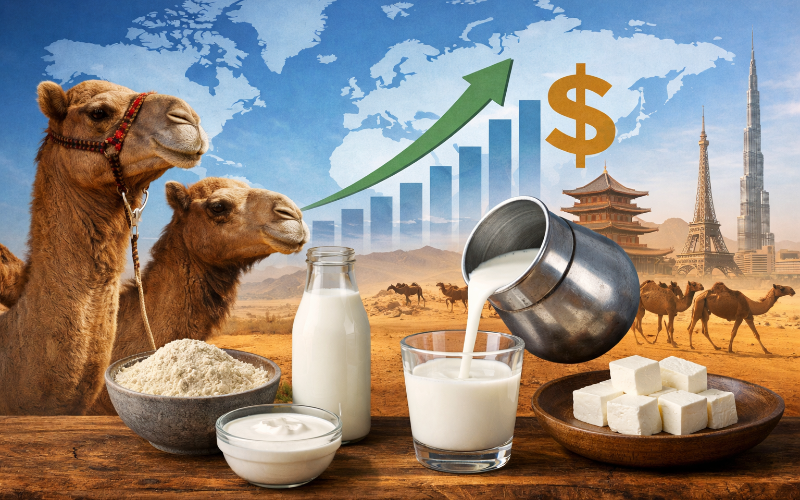Nigeria: NACCIMA Raises Concerns Over CBN's Forex Policy Shift on Milk Imports
Source: The DairyNews
The Nigerian Association of Chambers of Commerce, Industry, Mines, and Agriculture (NACCIMA) has voiced opposition to the recent decision by the Central Bank of Nigeria (CBN) to lift foreign exchange restrictions on milk and dairy imports. NACCIMA warns that this move could potentially hinder local production.

In a statement, NACCIMA's National President, Dele Oye, expressed apprehension about the possible consequences of the policy change, particularly amidst the current depreciation of the Naira and inconsistencies in customs duty payment.
"While acknowledging the CBN's efforts to adapt trade policies to the evolving economic landscape, we must address concerns about the implications of this decision," said Oye. "The depreciation of the Naira has already burdened importers, leading to increased costs that are passed on to consumers."
Oye emphasized the need for a phased approach to allow domestic producers to adapt and advocated for robust support for local dairy farmers to boost domestic production. He also highlighted the importance of harmonizing customs duty payments to ensure fairness and transparency in trade practices.
"While we acknowledge the potential benefits of liberalizing dairy imports, safeguarding our national currency's stability and promoting fair trade practices must remain paramount," Oye added.
"While acknowledging the CBN's efforts to adapt trade policies to the evolving economic landscape, we must address concerns about the implications of this decision," said Oye. "The depreciation of the Naira has already burdened importers, leading to increased costs that are passed on to consumers."
Oye emphasized the need for a phased approach to allow domestic producers to adapt and advocated for robust support for local dairy farmers to boost domestic production. He also highlighted the importance of harmonizing customs duty payments to ensure fairness and transparency in trade practices.
"While we acknowledge the potential benefits of liberalizing dairy imports, safeguarding our national currency's stability and promoting fair trade practices must remain paramount," Oye added.
Key News of the Week










